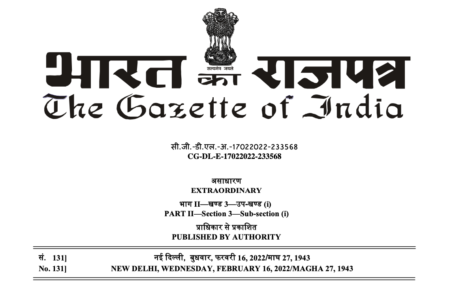
India’s Union Ministry of Environment, Forest and Climate Change (MoEFCC) has notified the Guidelines on Extended Producers Responsibility (EPR) on plastic packaging under Plastic Waste Management Rules, 2016.
The Guidelines provide a framework to strengthen circular economy of plastic packaging waste, promote development of new alternatives to plastics and provide the next steps for moving towards sustainable plastic packaging by businesses. The enforceable prescription of minimum level of recycling of plastic packaging waste collected under EPR along with use of recycled plastic content will further reduce plastic consumption and support recycling of plastic packaging waste.
Reuse of rigid plastic packaging material has been mandated in the guidelines to reduce the use of fresh plastic material for packaging.
In a significant first, the guidelines allow for sale and purchase of surplus extended producer responsibility certificates, thus setting up a market mechanism for plastic waste management.
The implementation of EPR will be done through a customized online platform which will act as digital backbone of the system. The online platform will allow tracking and monitoring of EPR obligation and will reduce the compliance burden for companies through online registration and filing of annual returns. In order to ensure monitoring on fulfilment of EPR obligations, the guidelines have prescribed a system of verification and audit of enterprises.
The Guidelines prescribe a framework for levy of environmental compensation based upon polluter pays principle, with respect to non-fulfilment of extended producer responsibility targets by producers, importers & brand owners, for the purpose of protecting and improving the quality of the environment and preventing, controlling and abating environment pollution. The funds collected shall be utilized for collection, recycling and end of life disposal of uncollected plastic waste in an environmentally sound manner.
Under these Guidelines, producers, importers and brand owners may operate schemes such as deposit refund system or buy back or any other model, in order to prevent mixing of plastic packaging waste with solid waste.
MoEFCC Minister Bhupender Yadav has said that the guidelines will promote the development of new alternatives to plastics and provide a roadmap for businesses to move towards sustainable plastic packaging.
Disclaimer: This article is taken from a press release issued by the PIB.



